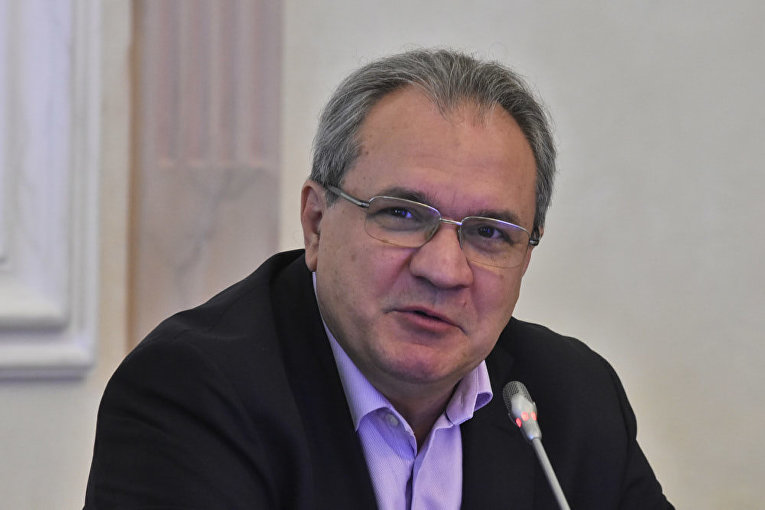MOSCOW, December 24 (RAPSI) – Chair of Russia’s Presidential Human Rights Council Valery Fadeyev voiced his readiness to cooperate with the European Union in the areas of health care and digitalization in the course of his online meeting with Ambassador of the European Union to the Russian Federation Markus Ederer.
The head of the Council noted that the body focuses not only on political rights of citizens, but also their economic and social rights. Fadeyev stressed that the Council was actively working amid the pandemic and shared with his interlocutor the action plans developed after President Vladimir Putin’s meeting with the Council on December 10, where the President asked that the Council provided its assistance to the primary tier of health care facilities, as those closest to the people, and where certain problems related to digitalization were discussed.
Fadeyev said that he was sure the EU party was equally interested in cooperation with the Council in these two spheres, as the respective issues were important both for Russia and Europe and had no political dimensions. Civic non-politicized contacts were to provide great contribution in the activation of relations between Russia and Europe, Chair of the Council noted, adding that he was ready to take all necessary steps in order to facilitate such cooperation.
The parties discussed the bill on foreign agents, to which the Council proposed a number of amendments. Kirill Vyshinsky, a member of the body, who was present at the meeting, raised the issue of prosecution of Latvian journalists cooperating with Russian media outlets; Vyshinsky noted that earlier he and some of his colleagues had turned to the OSCE Representative on Freedom of the Media Office and the Council of Europe Commissioner for Human Rights asking them to provide their opinions on this situation and interfere in it.
The parties agreed to continue discussing the issues they could efficiently cooperate in next year.



